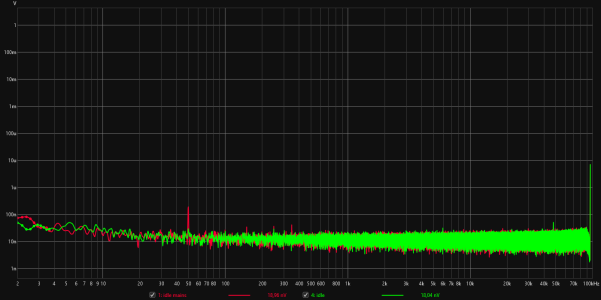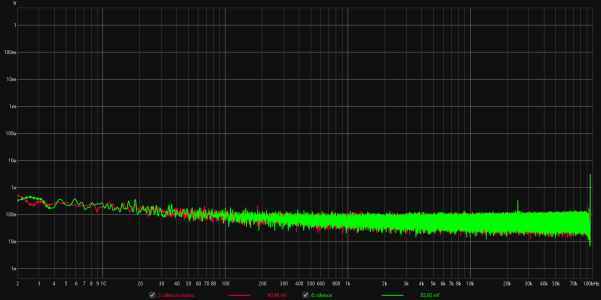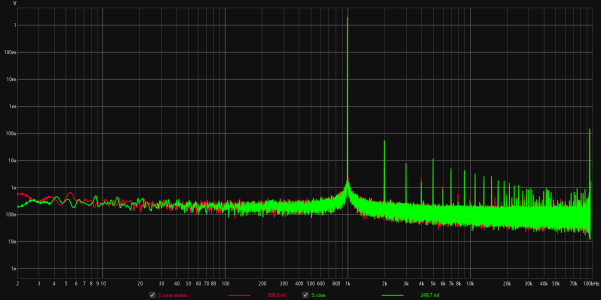steadyshot
Senior Contributor
- Joined
- Mar 14, 2023
- Messages
- 895
I was using the cables that came with the pro plus, and the wiim amp, which look the same, but of course might not be.
Given you have speakers that cost nearly $3000 and the best speakers I own are in the $1500 range, and the cheapest closer to $600, that you are picking up something I can't
He is not picking anything . Less noise is transferred through the cables to the amp ,less signal degradation .
Fine is a pretty condescending word and it does not mean anything in the context of high fidelity without comparison .



